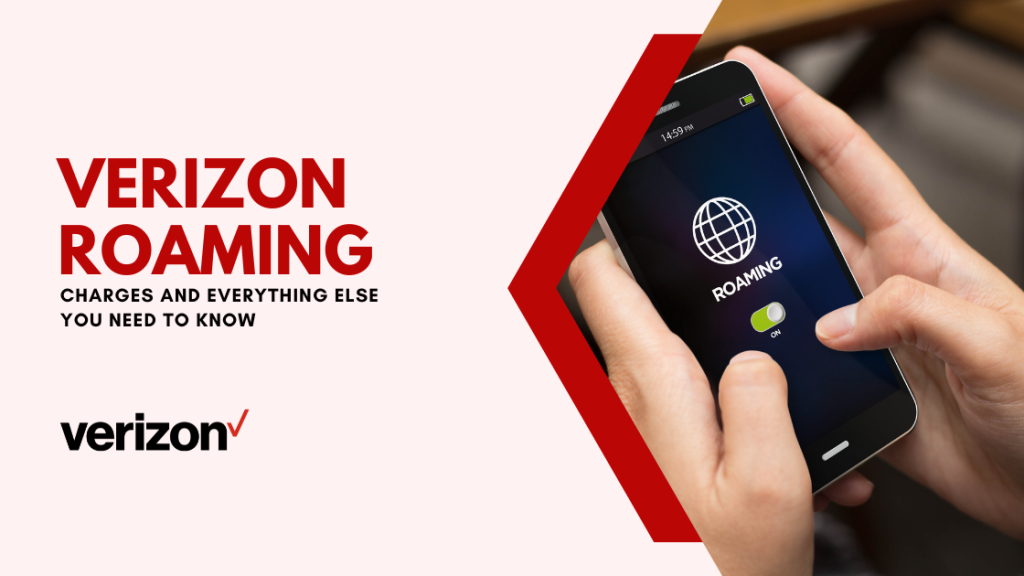
Slow data overseas, specifically with Verizon roaming, is a common issue for travelers and expats. Frustration mounts as users struggle to stream, browse, or even make calls abroad. This article delves into the common causes of slow Verizon roaming speeds overseas and offers concrete solutions for a smoother, more enjoyable international experience. We’ll examine network congestion, device limitations, and Verizon’s roaming policies to empower you with knowledge and options to avoid such frustrating experiences. This thorough guide will cover the various factors contributing to slow international roaming with Verizon, providing practical tips to improve your experience.
Understanding the Problem of Slow Verizon Roaming Speeds
The Ubiquitous Issue of Slow International Data
International data roaming often presents a significant challenge for travelers. The experience can scope from subtle slowdowns to complete outages, hindering essential tasks like checking email, accessing social media, and making crucial calls, causing undue stress in a foreign environment. The issue becomes especially pronounced when reliant on Verizon’s overseas data coverage. Users often find themselves struggling with frustratingly slow data speeds, leading to lost productivity and missed connections. The problem often arises not only from inherent network limitations but also from specific factors that Verizon travelers must be aware of.
Common Complaints and Root Causes
Several factors contribute to slow Verizon roaming speeds overseas. Network congestion in foreign regions, particularly during peak hours, often leads to diminished speeds. In addition, Verizon’s specific data allowances and the quality of local network infrastructure can impact the user’s experience. The speed can also be affected by the particular devices being used for data access.
Addressing Network Congestion Issues
The Impact of Peak Network Times
High volumes of users accessing data at the same time often lead to congestion on international networks. This can outcome in significantly slower speeds, impacting the overall user experience. During peak times, when many people are using their devices, data transfer slows down considerably. High traffic levels are often a major contributor to poor connectivity. It is often seen as inevitable when traveling internationally.
Device Compatibility and Data Limits
Optimizing Your Device for Roaming
Device compatibility plays a crucial function in the achievement of data application while abroad. Some devices may not be maximized for international data use. Additionally, travelers should understand that their own data allowance from Verizon may be a major limitation.
Understanding Verizon’s Roaming Policies
Verizon’s roaming policies stipulate various conditions that may affect the user experience. Understanding data limits, international fees, and roaming charges can prevent unexpected expenses and support improved experience.
Alternatives to Verizon Roaming
Local SIM Cards for Enhanced Connectivity
Consider purchasing a local SIM card in the destination country. Many countries offer attractive and flexible data plans that often offer significantly better connectivity compared to international roaming plans. In countries where local SIM cards are easily accessible and rivally priced, they often offer a significantly superior connection.
Utilizing VPNs for Enhanced Security and Speed
VPN Security and Connectivity benefits
Virtual Private Networks (VPNs) can offer a layer of enhanced security and, in certain circumstances, improve data speeds when using international networks. By encrypting data and routing it through servers in varied regions, VPNs can bypass network congestion or restrictions, leading to potentially faster speeds. However, the efficacy of using a VPN for overseas roaming is a mixed topic.
Conclusion (in short):
FAQs
Frequently Asked querys (FAQ)
Common Issues and Solutions (FAQ Continued)
In conclusion, slow data overseas, particularly Verizon roaming speeds, often frustrate travelers and businesses alike. Understanding the factors contributing to these frustrations, such as network congestion, device limitations, and service offerr policies, is crucial to mitigating potential issues. By considering these factors and exploring available options like local SIM cards or VPNs, travelers can greatly enhance their mobile experience abroad. Remember to pre-plan and check roaming options before your trip, and don’t hesitate to contact Verizon support for any further assistance or clarifications. For the optimal possible mobile experience, consider the alternatives, study options before your trip, and select the most suitable solution for your specific needs and location.